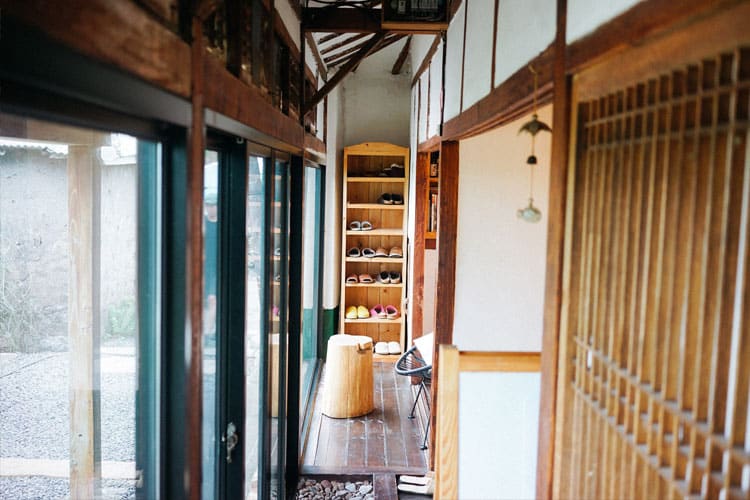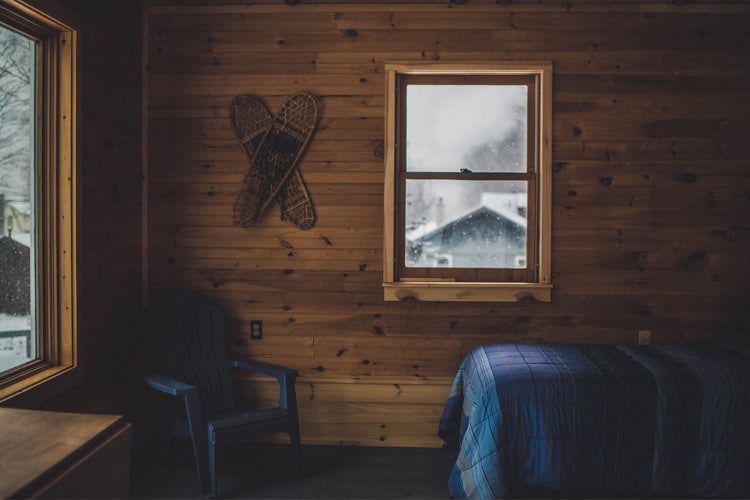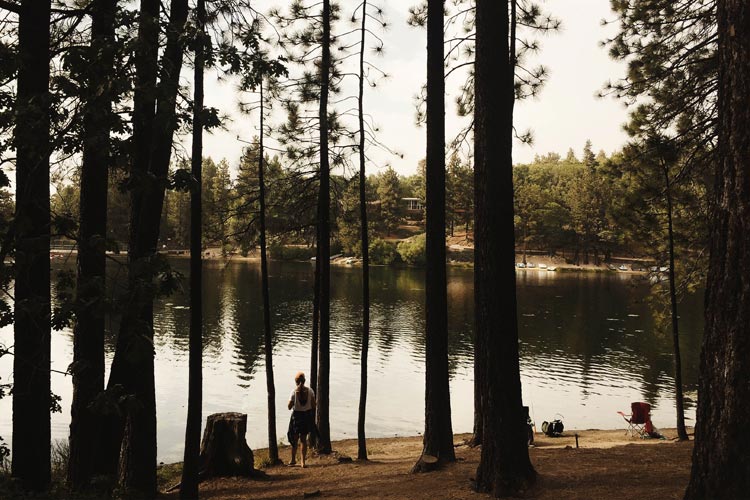A holiday home can be so much more than just a place to relax in the country…
Fancy being able to up sticks, throw a bag in the car and disappear to your own little place in the country every weekend? Yes? Imagine how many other people want the same thing. One in ten Brits owns a second home. Have you considered making yours an investment?
Many people who buy a holiday home do so in order to fulfil their own desires to have a ‘place in the country’. There is something carefree and romantic about being able to take off to your own little retreat whenever you fancy. But what about those long weeks in between, when your holiday home remains empty? Why not use this time to earn some money back and, eventually, make a profit from your investment?
Here’s how you could turn your empty retreat into an investment
Maximise ROI
Before you take the plunge, do your maths. This is a big purchase so it’s important to get your finances in order before you invest. On average, UK holiday homes are occupied for 30 weeks of the year, so they can certainly offer a healthy return.
To work out the ROI, write down the cost of any buildings you particularly fancy, then research rent prices of similar holiday homes in the area you are considering. This will give you an idea of how much you can charge holidaymakers on a cost per night basis.
Also consider any extras that might affect the amount of rent you are able to charge. Can you provide breakfast or tea and coffee making facilities? Can you install a toasty log burner or a fancy Jacuzzi? Holidaymakers often choose a property based on details such as these, so they should be factored into your hire cost.
Consider planning permission
Planning permission is a big consideration and the size and structure plays a big part in this. If you like the idea of owning a log cabin holiday home, there are some manufacturers who cater specifically for buyers who want to avoid the hassle of planning permission. Log Cabins Lakeland offers a collection of Nordic cabins that fall within strict planning restrictions, such as being built over one level and not exceeding four metres in height. Meaning you have one less thing to be concerned with.
When researching land for your holiday home, always contact the relevant council body to ensure you comply with any planning restrictions. Also remember that, as a landlord, you will be responsible for providing warm and comfortable surroundings and abiding by various health and safety laws.
Reap the rewards
When buying a holiday home there are various expenses you should take into account, including mortgage rates (if applicable), water and heating bills and, in some cases, ground rent. To ensure these costs are covered, it makes sense to incorporate them into the letting costs of your property as much as possible.
As a landlord, you can also take advantage of the Furnished Holiday Lettings (FHLs) tax legislation. This legislation allows you to claim Capital Gains Tax relief for items such as furniture, equipment and fixtures.
In order to qualify for this loophole, your holiday home must be available to the public for at least 210 days of the year and must be occupied by holidaymakers for at least 105 days of the year. If you can manage to do this, you’ll have a successful holiday-let in no time.
 Do you have experience renting out your holiday home? Tell us your story in the comments below.
Do you have experience renting out your holiday home? Tell us your story in the comments below.



